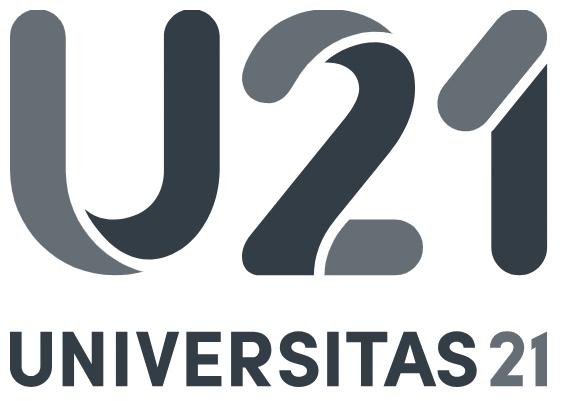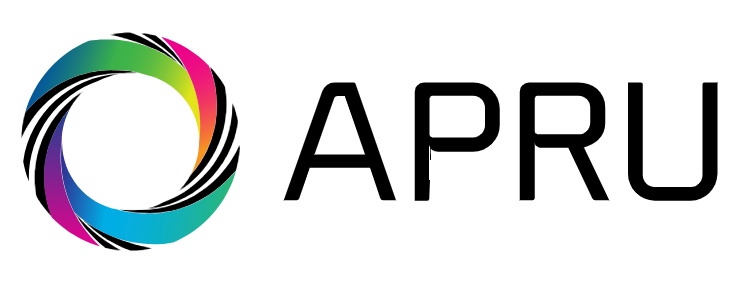
Status
Public University

World ranking
31

Students
Total: 54000
International: 44%

Programmes
Undergraduate: N/A
Postgraduate: N/A

Review rating
not yet
The University of Melbourne first opened in 1853 with four professors and 16 students. Nowadays, the University has approximately 54,000 students, including around 24,000 international students and over 3,500 professional staff. The University focuses on contributions to society in research, learning, and teaching, and engagement. According to ranked among the leading universities globally, The University of Melbourne has consistently placed it as number one in Australia and number 31 in the world (World University Rankings, 2021). Notable alumni include the former prime minister of Australia Julia Gillard, academics, and restaurateurs. Seven Nobel Laureates have taught in the University. The University is number seven in graduate employability worldwide. The University's values are Place, Community, Education, Discovery, and Global.
The University of Melbourne delivers an extremely high standard of research and teaching for undergraduate and postgraduate qualifications. The University is divided into ten faculties: architecture, building, planning, and design; arts; business and economics; education; engineering; music, visual and performing arts; law; medicine, dentistry, and health sciences; science; veterinary, agricultural, and food sciences. The University is driving innovation in pedagogy and curriculum by practice and collaboration. The staff is educated about best practices by implementing high-quality digital tools and encouraging a community of practice.
The main campus is in the Melbourne suburb of Parkville with several other campuses located at Southbank, Burnley, Creswick, Dookie, Shepparton, and Werribee. Location is close to transport, shopping, cafes, sports facilities (e.g., 25-meter heated pool, sports field, gym, athletics track), and accommodation. The University offers a range of accommodation to students; thus, choices include University-owned and partnered accommodation, known as University Accommodation, and traditional residential colleges. All students have wired access to the University's computer network and a support network of tutors.
An extensive library at the University is spreading across all campuses and includes specific subjects, such as Brownless Biomedical Library and the Law Library. Several museums and art galleries across the University have a different medical history, zoological specimens, contemporary art, dental collections and anatomy, and pathology. Most faculties provide a diverse range of student communities and clubs, including sports clubs such as athletics, badminton, cricket, hockey, tennis, ultimate frisbee volleyball, water polo, and Quidditch.


